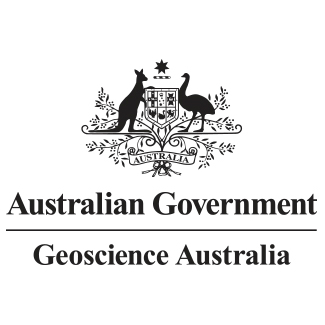Brief description
Two bathymetric surveys of Darwin Harbour were undertaken during the period 17 October to 07 November 2010 and 24 June to 20 August 2011 by iXSurvey Australia Pty Ltd for Darwin Port Corporation and Department of Lands Planning, and the Department of Natural Resources, Environment, The Arts and Sport (NRETAS) in collaboration with Geoscience Australia (GA), the Darwin Port Corporation (DPC) and the Australian Institute of Marine Science (AIMS) using iXSurvey's and GA's Kongsberg EM3002D multibeam sonar systems and DPC's vessel 'Matthew Flinders'.Lineage
Maintenance and Update Frequency: unknownIssued: 2015
text: westlimit=130.69; southlimit=-12.59; eastlimit=130.94; northlimit=-12.32
User Contributed Tags
Login to tag this record with meaningful keywords to make it easier to discover
Download the data (caris csar)
uri :
https://d28rz98at9flks.cloudfront.net/83182/83182_caris_csar.zip![]()
Download the metadata (pdf)
uri :
https://d28rz98at9flks.cloudfront.net/83182/83182_metadata.zip![]()
Download the data (kml)
uri :
https://d28rz98at9flks.cloudfront.net/83182/83182_kml.zip![]()
Download the data (tif)
uri :
https://d28rz98at9flks.cloudfront.net/83182/83182_imagery.zip![]()
Download the data (ArcGIS-grid)
uri :
https://d28rz98at9flks.cloudfront.net/83182/83182_esri_grid.zip![]()
Download the data (ESRI ascii)
uri :
https://d28rz98at9flks.cloudfront.net/83182/83182_esri_ascii.zip![]()
Download the data (XYZ ascii)
uri :
https://d28rz98at9flks.cloudfront.net/83182/83182_xyz_ascii.zip![]()
North Perth Basin UTM49 2011 15m - 32m (tif) [10.81 MB]
North Perth Basin UTM50 2011 15m - 32m (tif) [19.88 MB]
- global : 13e25bed-e904-8e8d-e053-10a3070a2e6d
- URI : http://pid.geoscience.gov.au/dataset/ga/83182



